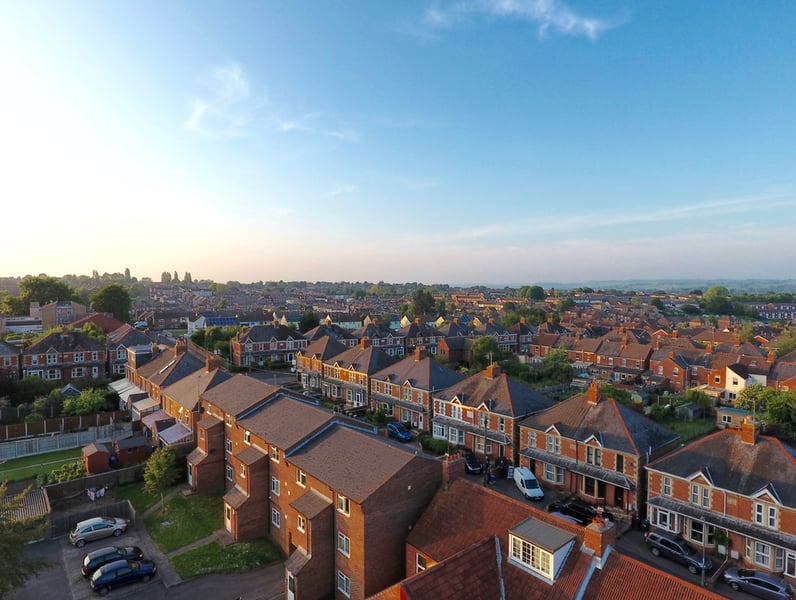The data shows that gross mortgage lending dropped from 268,720bn in 2018, to 267,552bn in 2019, a 0.4% fall.

Gross mortgage lending declined in 2019 for the first time since 2010, according to UK Finance data.
The data shows that gross mortgage lending dropped from 268,720bn in 2018, to 267,552bn in 2019, a 0.4% fall.
Additionally, mortgages in arrears declined, falling by 8.6%, from 82,350 to 75,280 over the same time frame.
Meanwhile, house prices in the UK rose year-on-year, from 214,178 to 215,925, a 0.8% rise.
Mortgage possessions also increased between 2018 and 2019, up by 15.9%, from 6,900 to 8,000.
Looking at the number of house purchase loans, first-time buyer figures dropped 0.6% on an annual basis, from 353,000 to 351,000.
Homemovers fell by 2%, from 351,000 to 344,000, and buy-to-let landlords dropped by 3.2% from 72,200 to 69,900, between 2018 and 2019.
Mark Harris, chief executive of mortgage broker SPF Private Clients, said: “2019 was a tricky year for lenders as they competed for a limited amount of business.
“Concerns over the ongoing Brexit saga and high stamp duty at the upper end of the market combined to prevent people from moving.
“Affordability in London and the South East continued to be constrained with borrowers struggling to pull together big deposits and prove they have the income to support substantial mortgages.
“It doesn’t look as though the market will change significantly this year with most predictions suggesting the same level of lending will be done.
“We expect more innovation from the smaller players, targeting those borrowers who may be struggling to get the funding they need, perhaps because they’ve missed a mobile phone payment or similar.”
Alan Cleary, group managing director, OneSavings Bank, added: “These figures reflect the uncertainty that was prevalent in the last quarter of 2019. With the election decided and Brexit now progressing the market has more clarity and increased confidence in 2020.
“Recent research found that London, the first region to experience a slowdown in the property market after the 2016 Brexit vote, is seeing a return to strong price growth. In Camden, prices rose by 5.7% over the month, adding £50,000 to the average house price in the borough.
“For activity to continue at any significant rate, a lot will depend on Chris Pincher, the tenth UK housing minister in 10 years, and Rishi Sunak, as the new Chancellor delivers his first budget on March 11.
"Personally I hope he takes the opportunity to re-assess the 3% surcharge on buy-to-let purchases which has seen rents rise as landlords look to recoup their investment.
"This of course has had a knock on effect on those renting who are trying hard to save for a deposit. When more houses are built, the market will hopefully see a genuine adjustment to average mortgage deposits and the age of first-time buyers.”


